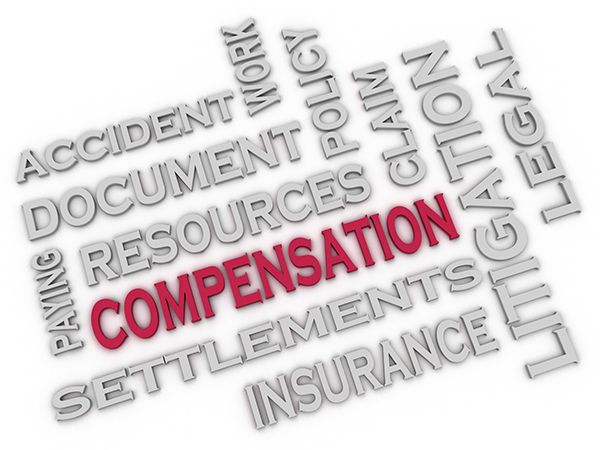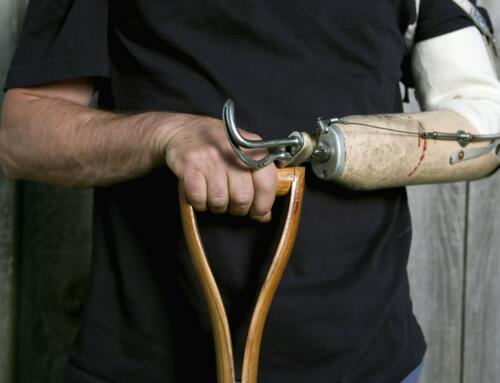If your claim has been denied or if you have an accepted claim and either side feels as though benefits should be increased, decreased or cut off, the mechanism for resolving those issues is workers’ compensation litigation. Although each petition varies slightly and each judge follows his or her own procedural rules, certain basic parameters remain constant.
The First Hearing in Workers’ Compensation Litigation
After filing a petition, the court issues a Notice of Assignment identifying the judge. The location of the litigation depends upon the claimant’s residence. The first hearing is a pre-trial and you do not need to attend. The judge decides on a trial schedule and continues the case to a later date for submission of evidence. He/she may also schedule the case for a mediation to see if the matter can be resolved without litigation. A judge other than the one who is presiding over your case handles the mediation. That judge listens to both sides arguments and tries to help the parties reach an amicable resolution.
Your Deposition in your Litigation Case
While the parties work on resolving the case, the matter proceeds with litigation. Typically, the first step is a deposition of the claimant where you will be asked a series of questions by me and the attorney for the insurance company. It is taken under oath subject to the penalties for perjury. A court reporter transcribes every spoken word and submits a booklet to the judge. I will meet with you beforehand to review your testimony and prepare you for the deposition.
The Independent Medical Examination
The insurance company gets an opportunity to have you examined by a doctor of their choosing if that has not already occurred. The is called an independent medical examination or “IME”. I will prepare you for that as well by giving you written instructions and a checklist to complete at the exam.
Medical Evidence and Your Doctor’s Opinion in Litigation
Both sides must present medical evidence. If the claim is for an uncertain time period or for more than 52 weeks, that evidence cannot simply be written medical evidence. Rather, the parties must present expert testimony which is done by deposition. I will schedule the deposition of your doctor to explain your medical condition, treatment, prognosis and opinion as to your disability. The insurance company will also present a doctor (typically the IME doctor) who testifies regarding his or her opinion.
The Final Hearing
All depositions are submitted to the judge as evidence in support of the party’s positions. There may be additional depositions of witnesses to the facts surrounding your claim. At the final hearing both sides submit their evidence and get an opportunity to present live testimony. Typically, you will testify at that time. That way the judge can get a better chance to analyze your credibility. At the end of the final hearing, the judge gives both parties the opportunity to submit written evidence (briefs) arguing why their evidence is more persuasive than their opponents’. After submitting the briefs (typically 60 days later) the judge issues a formal written decision outlining his or her findings and conclusions. Both sides can appeal that decision within 20 days.
The Settlement in Workers’ Compensation Litigation
Rest assured that very few cases go through all this litigation. Many times, cases are amicably resolved. When a case is settled the parties complete a Compromise and Release Agreement that must be approved by the judge. Settlement represents a monetary sum in exchange for the claimant giving up past or future benefits. This does not occur in all cases and is often dependent on the identity of the parties.
Workers’ compensation litigation is no different than other areas of the law in that there is always a risk of things not going your way. As a certified workers’ compensation specialist, I handle every level of workers’ compensation litigation and I do my best to minimize your risk and maximize your recovery.







